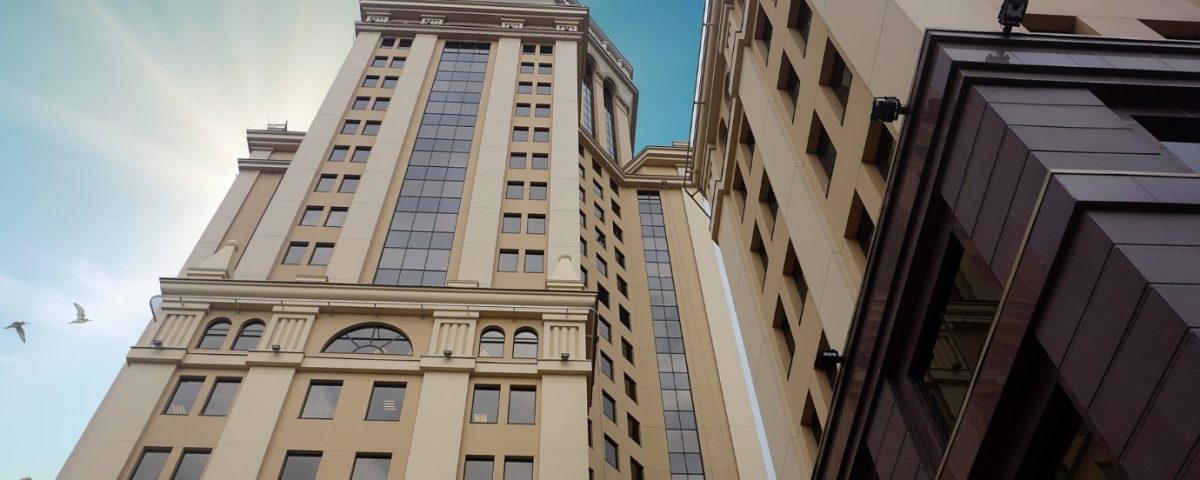- MENLO GROUP
- 480.525.5362 (Call or Text)
- 480.535.5854
- info@menlocre.com
- Grafton Milne, Designated Broker
- Owner Portal | Tenant Portal

Ten Commercial Building Features That Attract Corporate Tenants
February 8, 2018
Eight Common Commercial Real Estate Terms You Need to Know
February 8, 2018
Commercial lease agreements are often difficult to understand. You should examine the terms closely before signing to avoid unnecessary costs and restrictions. Your attorney should also review the document and provide feedback on the language used.
As you evaluate your lease, here are seven things to keep in mind:
1. Restrictions on subleasing
Check your lease to see if it includes a subleasing clause, which enables tenants to rent out all or some of their space to another party if they no longer need the square footage. This clause benefits tenants if they no longer can afford rent payments or their business has outgrown the space. If you’re a tenant, ensure that your lease agreement doesn’t place strict limitations on your ability to sublease your square footage to a third party.
2. Early termination
An early termination clause provides flexibility to tenants in the event that they need to vacate the premises before their lease is up. This clause outlines the terms (proper notice, termination fees, etc.) for ending the contract early. Many landlords will fight to remove this clause to prevent vacancies and lost revenues.
3. Required improvements
Make sure your lease agreement clearly indicates which party is responsible for covering the costs of required tenant improvements to the commercial building. The lease should also indicate a timeframe for the improvements and remedies if the improvements are not completed on time. Landlords are responsible for improvements to comply with safety codes, the Americans with Disabilities Act and other laws.
4. Capital expenditures
The lease should clearly outline the division of responsibility for large, one-time expenses such as a major parking lot repair or roof replacement. Landlords may reasonably assign some of the costs to tenants over an extended time period, but tenants will want to make sure that they won’t end up with a large fee.
5. Lease rate increases
Landlords often increase rent rates at the end of each lease year. Tenants will want to ensure that their lease agreement sets limits on how much the rent can be raised each time. To guarantee a fair system is in place, the lease should clearly outline how rent rates are to be calculated.
6. Subordination, Non-Disturbance and Attornment
Tenants should ensure that this clause (known as the SNDA) is included in any commercial lease they sign. The SNDA clause clearly states that tenants are permitted to remain in their square footage if the landlord defaults on the loan and the commercial property enters foreclosure. This clause protects tenants from a sudden relocation because of a landlord’s inability to financially retain the building.
7. Personal guarantee
Landlords often require a personal guarantee to ensure receipt of payment. If a tenant’s business runs into financial problems, the guarantors are held responsible for rent payments and other fees. Landlords will especially advocate for this clause when they invest large upfront costs into a tenant’s business. If this is included, tenants may find personal savings and other assets on the line should the business fail.
Talk to your attorney or a member of our tenant representation team if you have additional questions about the verbiage in your lease. You can also learn other common commercial real estate terms on our blog.


